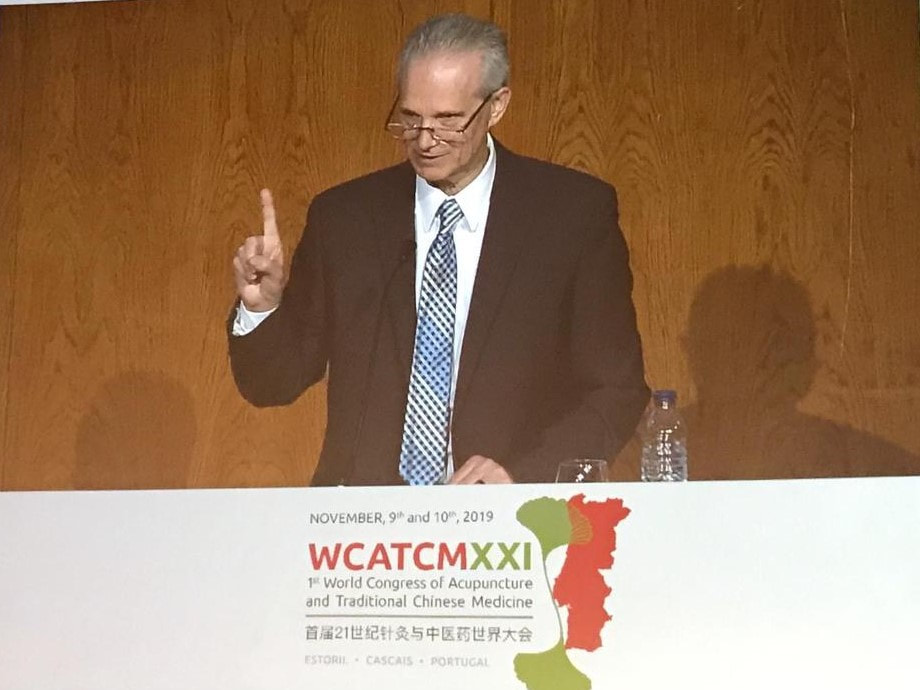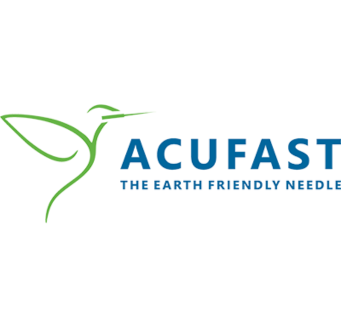 Since founding the “Acupuncture Now Foundation” 5 years ago, one of our goals was to bring attention to problems with research protocols that cause an underestimation of acupuncture’s effectiveness. We took a big step toward achieving that goal with the publication of an editorial article in a peer reviewed journal; the March 2020 issue of the “Integrative Medicine Research” journal. You can download a free copy of that article here. I am going to be blunt here – in my opinion, the world of acupuncture research is a hot mess. There are many reasons for this but the biggest one is because the acupuncture community has never produced clinical practice guidelines. Without such guidelines hundreds of acupuncture trials have been conducted using clinical protocols that do not allow acupuncture to be as effective as it could be and this has severely slowed acupuncture’s acceptance. Imagine hundreds of studies being done on a drug where those conducting the research don’t know what the most effective dose of that drug might be and you have an idea what has been happening for decades with acupuncture research. These poor clinical quality trials have polluted the body of evidence on acupuncture and continue to do so. In this blog post, I want to summarize 10 key points we detail in our article.
In addition to identifying these problems and the evidence that supports these concerns, our article also offers five recommendations for how to address these issues moving forward. We believe we have made a well-reasoned and evidence-based case for the need to address these problems and we are doing all we can to raise awareness of these issues. However, there needs to be more discussion of these issues both within the acupuncture research community and the practitioner community. We especially need experienced clinicians to offer their opinions on the issue of treatment dosage. Ultimately, the practitioner community needs to develop clinical practice guidelines. Research that has found modest effectiveness for acupuncture and especially for little, if any, benefit beyond sham has done more to harm acupuncture’s acceptance than anything else. Judgments have been made not just about how effective acupuncture may be but if acupuncture is even a legitimate therapy at all. Countless people around the world including those in the media and in policymaking positions have accepted the judgement that acupuncture has been “proven” to be nothing more than a placebo. And, while we are seeing this resistance to acupuncture slowly start to fade in the U.S., the problems with research we detail is still slowing acupuncture’s acceptance in the U.S. In many parts of the world that resistance is very strong. After having spent 5 years trying to raise awareness about these problems I can tell you this: There is no acupuncture research police out there checking to see if the hundreds of trials “investigating” acupuncture each year are using quality clinical protocols. The handful of ANF volunteers who have reviewed hundreds of trials trying to better understand why so many find mediocre effectiveness rates have only scratched the surface. We do not, nor does anyone else I am aware of, have the resources to investigate the great number of trials that are being published each year to see if their findings are legitimate. The only ones doing this are the skeptics that will rip apart any trial that finds good outcomes for acupuncture. Everyone who wants to see acupuncture become more accepted should be concerned and maybe even angry over this and what we detail in our article. Please download and read our article and encourage your colleagues to do the same. And here is the link to the managed care policy on Maximum Therapeutic Benefit we reference. If you are a member of an acupuncture/TCM organization, ask your leadership if they are aware of our article and what they think and are doing about it. We also invite you to comment here on this blog site and will respond as time allows. Thank you. Matthew Bauer, L.Ac. President, The Acupuncture Now Foundation
6 Comments
|
ArticlesArchives
April 2020
Categories |
Vision
"Creating a world where the benefits of acupuncture are known and available to all."
"Creating a world where the benefits of acupuncture are known and available to all."
Mission
"Working to identify and bring down the barriers that are preventing acupuncture from reaching its true potential."
"Working to identify and bring down the barriers that are preventing acupuncture from reaching its true potential."
-
About
- About the ANF
-
Officers and Advisors
>
- Matthew Bauer
- John McDonald
- Gayle Bauer
- Neil Malley
- Ben Maloney
- Lianne Aquilina
- Katherine Berry
- Johanna Biemans
- Lorne Brown
- Charlie Buck
- Xia Cheng
- Peter Deadman
- Jennifer Dubowsky
- Reginaldo Filho
- Val Finnell
- Stephen Janz
- Patty McBride
- Christian Nix
- Bob Wong
- Mike Worley
- Amos Ziv
- Jacinta Eales
- Julia Scott
- Contact
- About Acupuncture
- Find an Acupuncturist
- Research
- PN-Campaign
- Donate
Select the ANF as your charity under the eBay charity program and donate a portion of your eBay auctions to the ANF. Click here for further details.
Our Sponsors
|
Upcoming Courses
Purchase your CEU/PDA courses by following our affiliate’s links here and help us fund all our projects! We offer courses from Brad Whisnant Seminars with 20% of the proceeds donated to the ANF when you click their link (underlined) or the logo to the right and also courses from Healthy Seminars with 10% of proceeds donated to the ANF when you click their link (underlined) or their logo to the right." |
The Acupuncture Now Foundation, © 2020

 RSS Feed
RSS Feed




